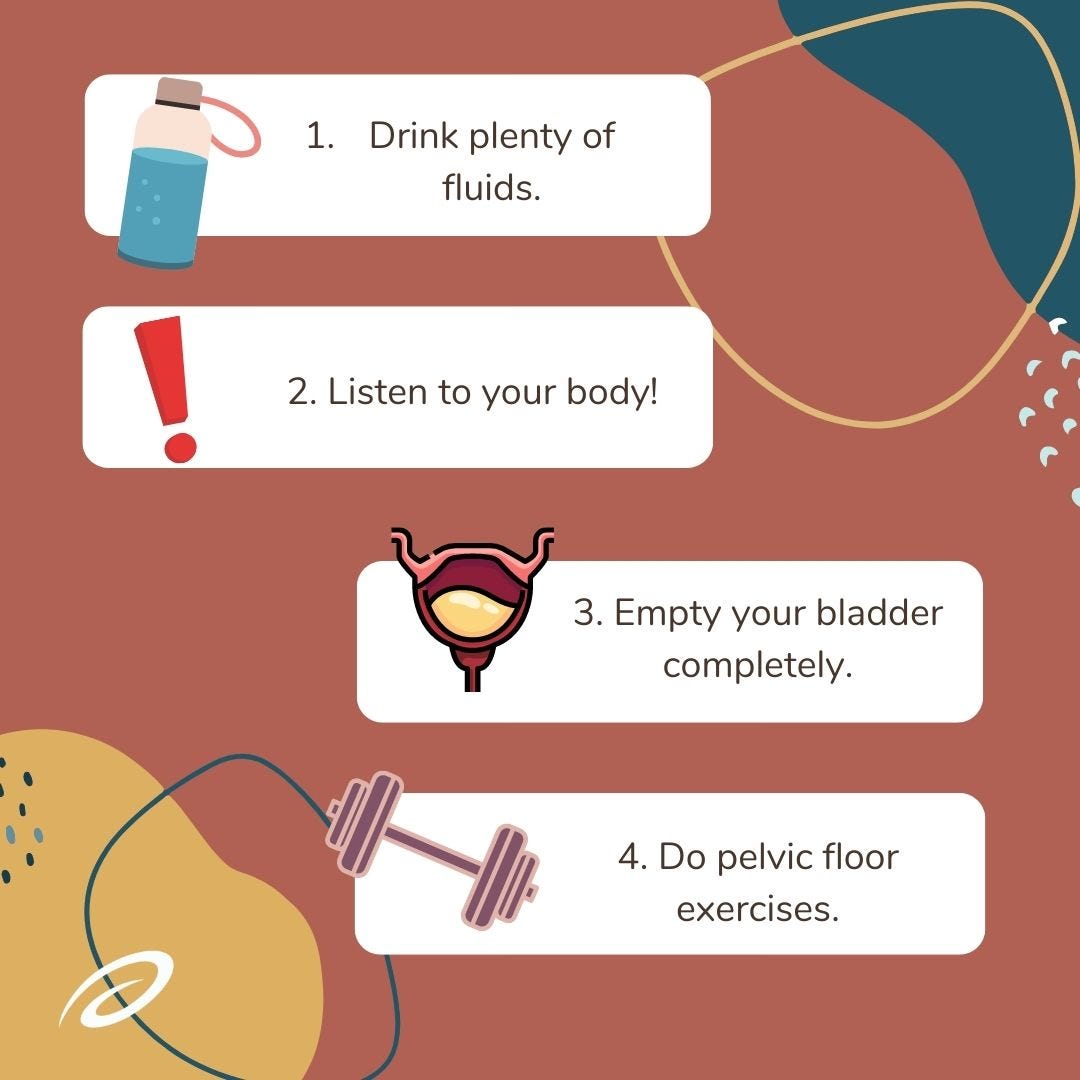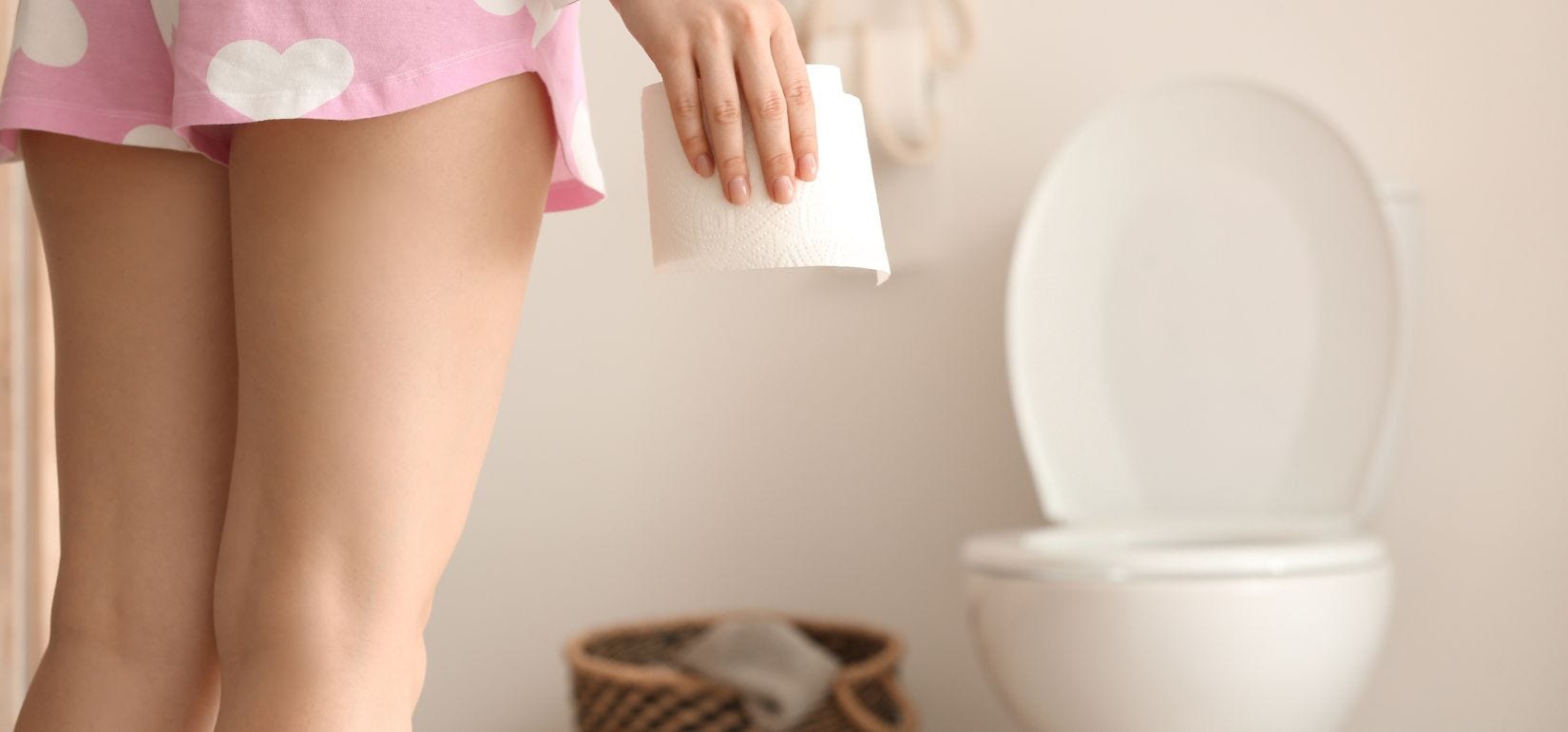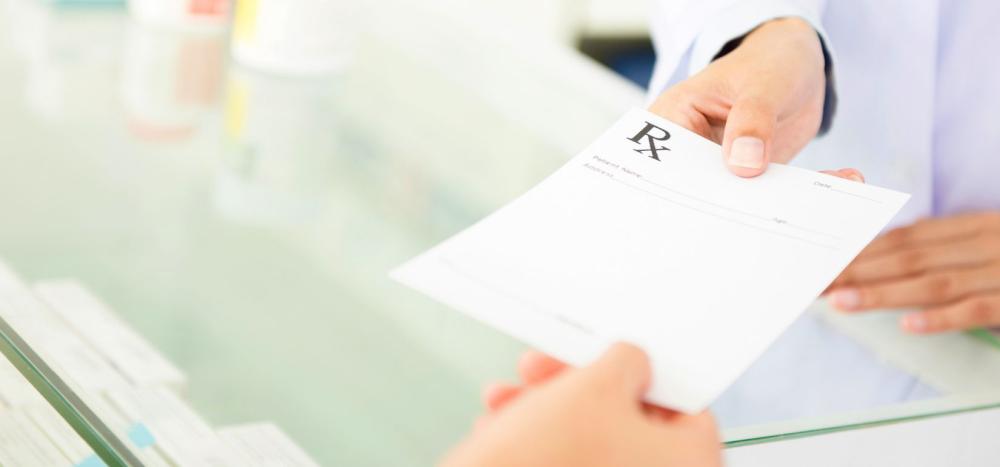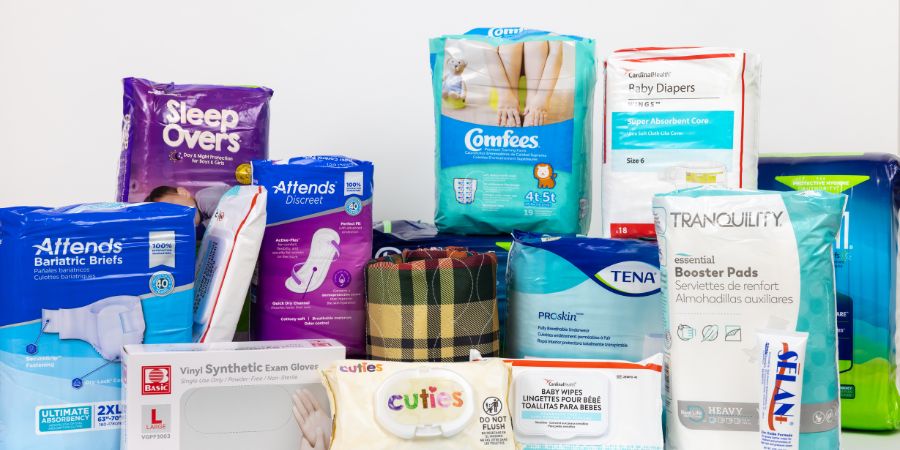When you think of self-care, do you ever think about taking care of your urinary system or bladder?
Keeping your urinary system healthy can help prevent incontinence and infections, among other things, and it’s an essential part of our bodies for many other reasons!
Read this post to learn 25 ways to keep your urinary system in optimal shape.
Why Take Care of Your Urinary System?
Your urinary system consists of your kidneys, ureters, bladder, and urethra. Your urinary system:
- Filters out waste and medications.
- Helps to control blood pressure.
- Supports red blood cell production.
- Prevents fluid retention and dehydration.
- Balances electrolytes.
- Controls phosphorous and calcium levels.
Check Your Eligibility
2 Easy Steps
Discover the continence care essentials available through your Medicaid plan.
If your urinary system is not kept healthy, a couple of things can occur:
- Infections. If your urinary system isn’t working correctly, it won’t be able to flush bacteria from your body, which could cause urinary tract infections (UTIs), bladder infections or cystitis, or kidney infections, depending on the severity of the infection.
- Incontinence. The urinary system gives you continence (the ability to hold your urine). When the urinary system isn’t properly cared for, you can develop different types of incontinence (loss of bladder control), such as overactive bladder (OAB), stress incontinence, or overflow incontinence.
- Weakened pelvic floor. Your pelvic floor holds up many parts of your urinary system. If you’re not taking care of the urinary system, your pelvic floor may become damaged or weakened.
25 Tips for Keeping Your Urinary System Healthy
Keeping your urinary system healthy doesn’t have to be complicated! Follow these lifestyle tips to improve or prevent incontinence symptoms and keep your urinary system functioning at its best.
1. Drink Plenty of Fluids
Hydrating flushes toxins and bacteria out of your body. You can drink plain water, or make hydrating smoothies that will help stave off hydration.
2. Listen to Your Body!
If you need to go to the bathroom, go! Holding your pee can lead to infections, such as UTIs, kidney infections, and kidney disease, and can stretch your bladder. On the other hand, going to the bathroom before your bladder is full can lead to urinary incontinence symptoms related to overactive bladder (OAB) because your bladder rewires its signals for what “full” is.
3. Empty You Bladder Completely
When you void your bladder, ensure you’re emptying it all the way. Not doing so could lead to bladder stretching, UTIs, incontinence, and even kidney failure. Do this by:


- Giving yourself time in the bathroom.
- Letting urine come out naturally.
- Sitting down to pee.
- Using the correct posture.
4. Do Pelvic Floor Exercises
Pelvic floor exercises are great for your pelvic floor muscles, no matter your age! They strengthen your pelvic muscles, which hold in the organs of your urinary system. Without pelvic floor strength, your could experience pelvic organ prolapse (POP) or incontinence.
5. Pee After Sex
Sexual activity can bring different types of bacteria from outside your body inside through your urethra. This bacteria can lead to UTIs, so be sure to pee after sex, whether you’re a man or a woman, to keep your urinary system clean.
6. Eat for Your Bladder
Certain foods, such as whole grains, fresh vegetables, non-citrus fruits, and dairy alternatives, will keep your bladder calm rather than irritated.
7. Prevent Constipation
Constipation puts pressure on your bladder, making incontinence symptoms worse. Keep things moving inside by staying hydrated and eating lots of fiber. Make regular bowel movements as well.
8. Maintain a Healthy Weight
Obesity is related to incontinence because extra weight puts pressure on your bladder, making you feel like you need to urinate more frequently.


Excess weight can also put pressure on your pelvic floor muscles, damaging them. Talk to your healthcare provider about managing your weight in healthy ways.
9. Exercise Regularly
Regular exercise moves your pelvic floor muscles and keeps constipation at bay, as well as help you lose weight, which may put pressure on your pelvic floor and bladder. Develop a regular exercise routine to keep your urinary system healthy. Exercise also increases filtration of the kidneys, keeping them functioning optimally.
10. Practice Mindfulness
Stress makes your body tense up and weakens your pelvic floor. Stress and anxiety also increase adrenaline which increases the urge to pee. Practice mindfulness by meditating, journaling, exercising, or anything else you find calming that eases your anxieties.
11. Wipe the Right Way (Females)
If you’re a female, wiping from back to front can become a problem if you bring fecal matter or bacteria into your urethra. Be sure you’re wiping from front to back with clean toilet paper or towelettes.
12. Manage Covid Symptoms
Covid-19 has been related to incontinence symptoms that worsen as you’re infected or begin as you’re infected. If you contract COVID-19, make sure you visit your healthcare provider virtually or in person to discuss incontinence symptoms.
13. Don't Smoke


Tobacco is terrible for your body and can cause all types of cancer, but other than that, it’s a known bladder irritant! Chronic coughing also puts pressure on your pelvic floor, weakening it.
14. Watch for UTI Symptoms
UTI symptoms include burning when peeing, pain in the pelvic area, lower back pain, and cloudy urine. If you have any of these symptoms, see your healthcare provider, so the infection doesn’t worsen.
15. Visit Your Healthcare Provider Regularly
Visiting your healthcare provider to check up on your urinary system is always a good idea, whether you’re experiencing incontinence symptoms or not. Your provider can perform urine tests, such as a urinalysis, taking urine samples, or urine cultures. They can also identify symptoms of UTIs or tell you what type of incontinence you have.
16. Sit With Good Posture & Not for Too Long
Sitting for too long with bad posture can damage your pelvic floor and lead to incontinence! To avoid this, stand up for 10 minutes every 45 minutes and practice using the correct posture.
17. Be Careful When Biking or Cycling
Using exercise bikes places pressure on your pelvic floor and causes long-term damage if you do it too often. Alternate your exercise biking routines with jogging, yoga, or swimming.
18. Use Incontinence Products


If you have incontinence symptoms, such as leaking throughout the day, dribbling after peeing, or peeing when laughing or exercising, you should use incontinence care products. Bladder control pads, adult briefs, or protective underwear are all excellent options for controlling leakage. You may also need to use intermittent catheters if you can’t empty your bladder. You may be eligible to get free, high-quality incontinence products with your Medicaid plan and Aeroflow Urology. Check to see if you qualify today with our easy Eligibility Form!
19. Watch Your Salt Intake
Too much salt causes the balance of fluids in your system to become uneven, affecting your kidneys. Long-term, high salt intake may also lead to high blood pressure, which can damage your kidneys or lead to kidney stones.
20. Wear the Right Underwear
Cotton underwear or loose-fitting clothing keeps your genital area dry, which is important because areas with lots of moisture are the perfect breeding grounds for bacteria!
21. Bathe Regularly
Keeping your genital area clean and sanitary prevents different types of UTIs by stopping bacteria from entering your urethra.


22. Pay Attention to What's In the Toilet
The color of your urine can indicate whether you have a UTI, are dehydrated, or are overhydrated. Use urine color charts to see what your pee tells you so you can go to the doctor if you need to.
23. See a Pelvic Floor Therapist
Pelvic floor therapists or physical therapists can help you perform the proper pelvic floor exercises to prevent or improve incontinence.
24. Be Aware of Your Hormones
Things like menopause, menstruation, birth control, and pregnancy can fluctuate your hormones, such as estrogen, and cause incontinence. Pay attention to what’s happening in your body when you experience symptoms to identify the cause.
25. Do Your Research!
Some myths exist about keeping your urinary system healthy, such as drinking cranberry juice to prevent UTIs.


Unfortunately, there’s no scientific proof that cranberry juice actually prevents UTIs. Another myth is that douches can help clean your urinary system, but douching strips your vaginal flora and makes the perfect environment for bacteria to grow, leading to UTIs. Do your research on what will help your urinary system!
How to Manage Incontinence for Free
If you’re having incontinence symptoms, wearing continence care products, such as adult briefs, protective underwear, or bladder control pads, can keep your urinary system healthy as you lessen symptoms.
Aeroflow Urology offers incontinence supplies covered through insurance if you’re eligible. To see if you qualify, you can fill out our Eligibility Form.
If you do qualify, we’ll send you free samples of our products so you can find what you’re most comfortable with. We'll also send your products through the mail every month for free, and we'll send you reminders when it’s time to refill.
Information provided on the Aeroflow Urology blog is not intended as a substitute for medical advice or care from a healthcare professional. Aeroflow recommends consulting your healthcare provider if you are experiencing medical issues relating to incontinence.









